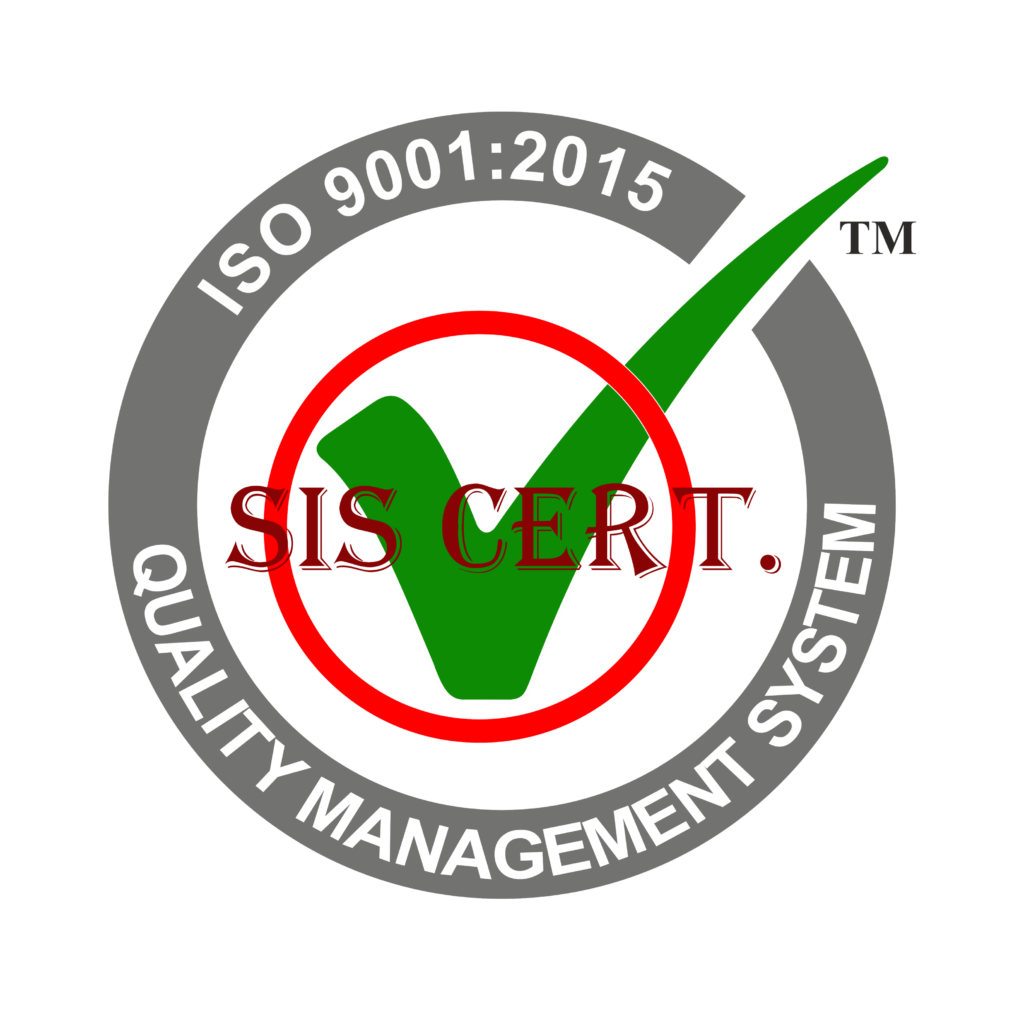As the global stainless steel market continues to evolve, the need for sustainable practices is becoming increasingly important.
In order to stay competitive and to meet the demands of changing regulations, manufacturers must consider the economic, environmental, and resource implications of their production processes.
This article will explore the importance of sustainability in the global stainless steel market, and why it matters to the industry.
Key Takeaways
- Sustainable practices in the steel industry are crucial for reducing energy consumption and emissions, protecting the environment.
- Implementing sustainable practices leads to cost savings and maintains competitiveness in the global market.
- Reusing and recycling stainless steel reduces the need for raw materials and minimizes environmental impact.
- Companies need to be innovative and proactive in their approach to sustainability to stay ahead of competitors.
Global Effects
As global demand for stainless steel increases, it is essential to consider the impact of sustainable practices on the steel industry worldwide. The context of sustainability in the global stainless steel market is one of importance, as it sets the tone for market trends in the industry. It is important for companies to prioritize sustainability in their stainless steel production by reducing their energy consumption and emissions. This helps to reduce their carbon footprint and protect the environment. Additionally, sustainable practices can lead to cost savings in production and help companies remain competitive in the global market.
Sustainability initiatives should also focus on the reuse and recycling of stainless steel. This helps to reduce the amount of raw materials needed for production, which can help to reduce costs. It also means that fewer resources are being extracted from the environment, helping to reduce the environmental impact of stainless steel production.
The global stainless steel market is rapidly changing, and it is important for companies to be aware of the latest sustainability trends in order to remain competitive. Companies need to be innovative and proactive in their approach to sustainability in order to stay ahead of their competitors. By implementing sustainable practices, companies can reduce their environmental impact and remain competitive in the global market.
Industry Regulations
We must consider the impact of industry regulations on sustainable practices in the global stainless steel market. Governments and industries have a responsibility to ensure that the production of steel is conducted in a sustainable manner, and industry regulations are an important tool for achieving this goal.
Regulations can help to reduce the environmental impact of steel production, by setting limits on levels of emissions and resource use. They can also help to safeguard the health of workers, by setting standards for their safety and well-being. Furthermore, industry regulations can encourage the development of innovative and sustainable practices, such as the use of recycled materials, as well as the adoption of more efficient production methods.
Industry regulations can also provide a level playing field, allowing all producers to compete fairly, and preventing them from taking shortcuts that could result in environmental degradation. This is particularly important in the global stainless steel market, where competition is fierce and producers are constantly looking for ways to increase their profit margins.
Industry regulations can play a key role in achieving sustainable practices in the global stainless steel market. By setting clear standards and providing incentives for innovative solutions, governments and industries can help to ensure that steel production is conducted in an environmentally responsible and socially responsible manner.
Resource Conservation
Building on the need for industry regulations to promote sustainable practices in the global stainless steel market, another key factor is the conservation of resources. To maintain a healthy balance of production and consumption, it is essential to be mindful of the resources used when creating new products. Careful monitoring of resources is the first step to ensuring that the steel industry is taking steps to reduce its environmental footprint.
The use of renewable energy sources is one way to reduce emissions and conserve resources. Investing in energy efficient practices such as utilizing solar, wind, and hydropower can help the steel industry reduce its dependence on fossil fuel-based energy. Additionally, investing in sustainable production techniques and using recycled materials can help to minimize waste and conserve resources.
In order to be successful in the steel industry, companies must prioritize sustainability. By implementing eco-friendly practices such as using renewable energy sources and recycling materials, companies can reduce their environmental impact while increasing their financial gains. By investing in sustainable practices, the steel industry can create a better future for generations to come.
Economic Benefits
By implementing sustainable practices, companies in the steel industry have the opportunity to benefit economically. This is due to the fact that sustainability initiatives can lower operational costs and increase efficiency. Energy-saving production methods, such as using renewable energy sources, can reduce the cost of production for both raw materials and finished products. Additionally, utilizing sustainable practices can help reduce the impact on the environment, leading to improved public relations and a stronger reputation for the company.
The use of recycled materials can also help to lower costs, as well as improve the sustainability of the manufacturing process. Reusing scrap steel and other materials can reduce the amount of resources needed, while also reducing the amount of waste that is created. This can help to reduce the environmental impact of the steel industry, while also providing cost savings.
Finally, sustainability initiatives can result in improved customer relationships. Customers are increasingly demanding products that are produced sustainably, and companies that have adopted these practices can gain a competitive edge in the market. Additionally, customers may be willing to pay a premium for products that are produced with sustainable practices. This can help to create increased demand and higher profits for the company.
Environmental Impact
Reducing the environmental impact of the steel industry is one of the primary benefits of implementing sustainable practices. Sustainable steel production not only reduces the amount of carbon dioxide emissions, but it also helps to conserve natural resources, reduce the use of hazardous materials, and cut waste. Additionally, it contributes to lower energy consumption during the production process and reduces the amount of air and water pollution.
Sustainable steel production is an important part of creating a healthier, more sustainable future. Without it, the effects of climate change would be even more severe. By taking proactive steps to reduce the industry’s environmental footprint, we can create a more sustainable future for generations to come.
In addition to the environmental benefits of sustainable steel production, the industry also stands to benefit economically. By implementing more efficient production processes and investing in green technology, steelmakers can save money in the long run. Furthermore, sustainable practices can increase the trust and loyalty of customers, allowing businesses to gain a competitive edge in the market.
As the world moves towards a greener and more sustainable future, it is important for the steel industry to take the lead. Sustainable steel production is a key component of a brighter, more sustainable future, and its implementation should be a priority for the steel industry.
Frequently Asked Questions
What Is the Difference Between Stainless Steel and Regular Steel?
Stainless steel is an alloy of iron, carbon, and a minimum of 10.5% chromium. Regular steel is an alloy of iron and carbon. The chromium in stainless steel gives it superior corrosion resistance, making it a popular choice for many industries.
What Are the Main Sources of Stainless Steel?
The primary sources of stainless steel are iron ore, chromium, nickel, molybdenum, and other alloying elements. These elements are mined around the globe and then processed to create the desired steel.
How Does Stainless Steel Production Impact Local Communities?
Stainless steel production can have detrimental effects on local communities, such as air and water pollution, soil contamination, and health hazards. It also increases energy consumption and can lead to deforestation.
How Can Consumers Become More Sustainable in Their Use of Stainless Steel Products?
Consumers can become more sustainable in their use of stainless steel products by researching the product sources and choosing those that are ethically and responsibly produced. Supporting suppliers that follow sustainability practices helps create a demand for more sustainable production methods.
What Is the Most Efficient Way to Recycle Stainless Steel?
The most efficient way to recycle stainless steel is to ensure it is melted down and reused. This reduces the amount of energy used to manufacture new products and decreases the environmental impact.
Conclusion
The steel industry must take sustainable practices into consideration in order to remain competitive in the global market.
Regulations, resource conservation, and economic benefits are all important factors to be taken into account when striving for sustainability.
By embracing sustainable practices, the steel industry can reduce its environmental impact and create a more sustainable future.


